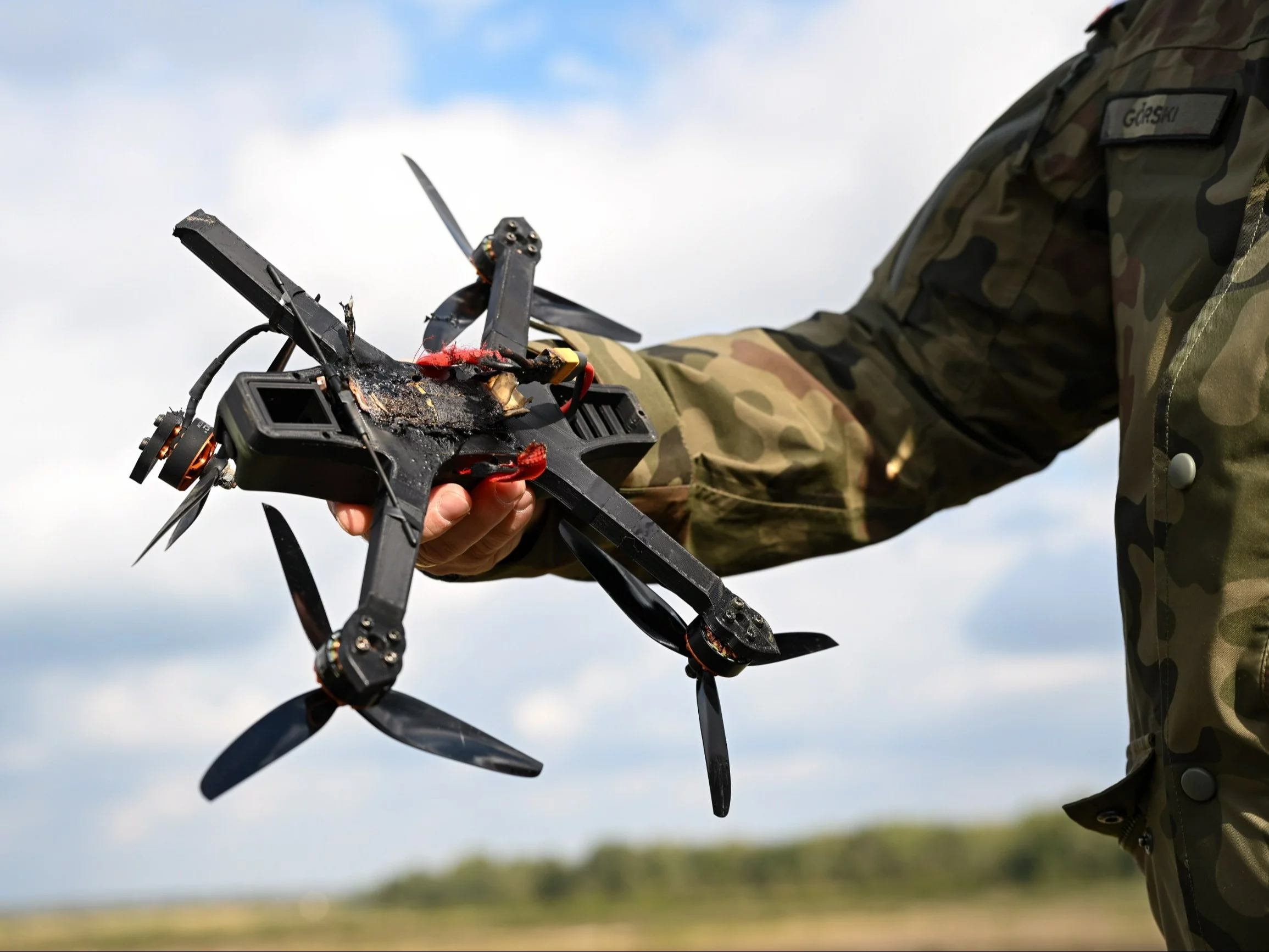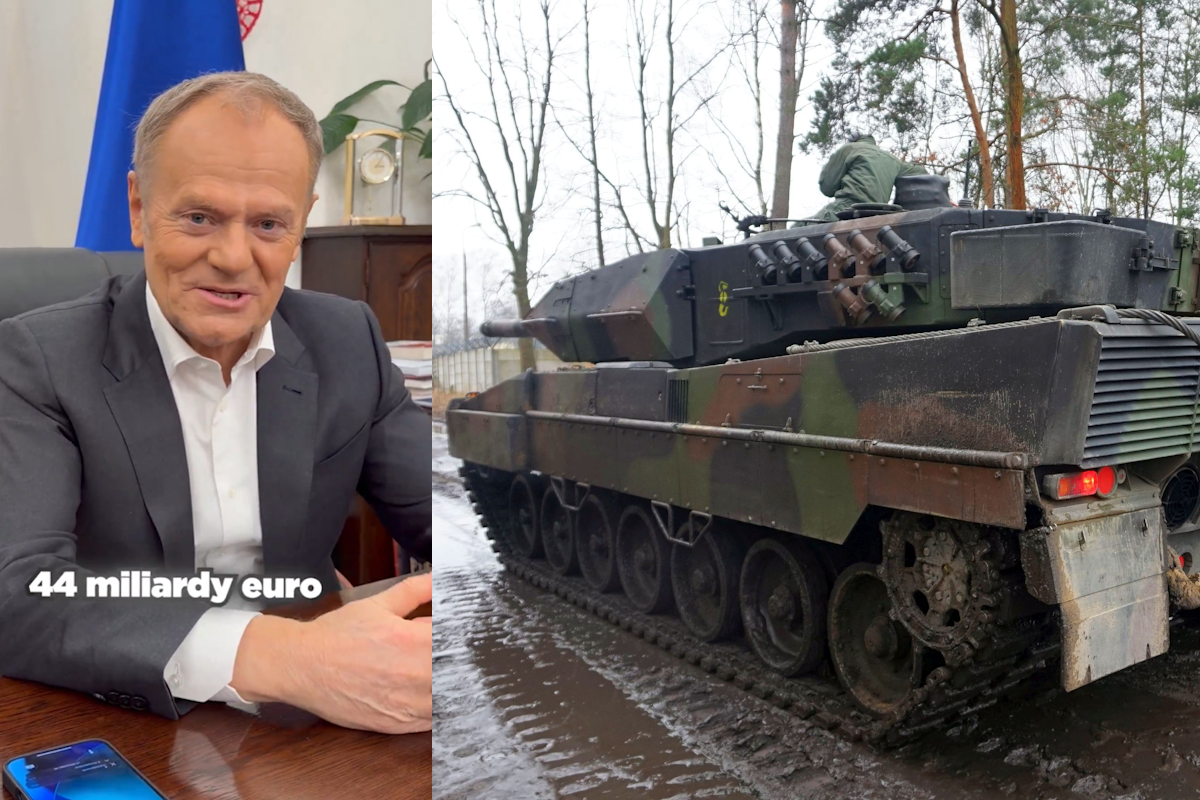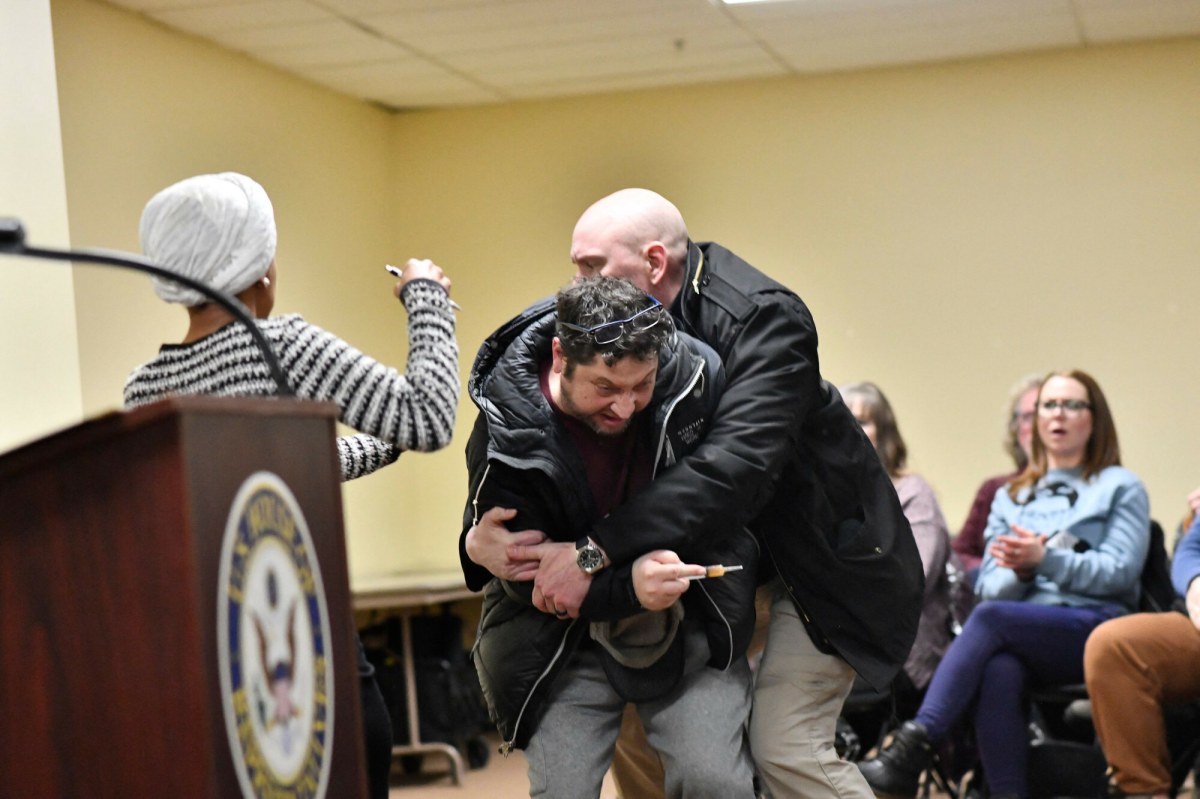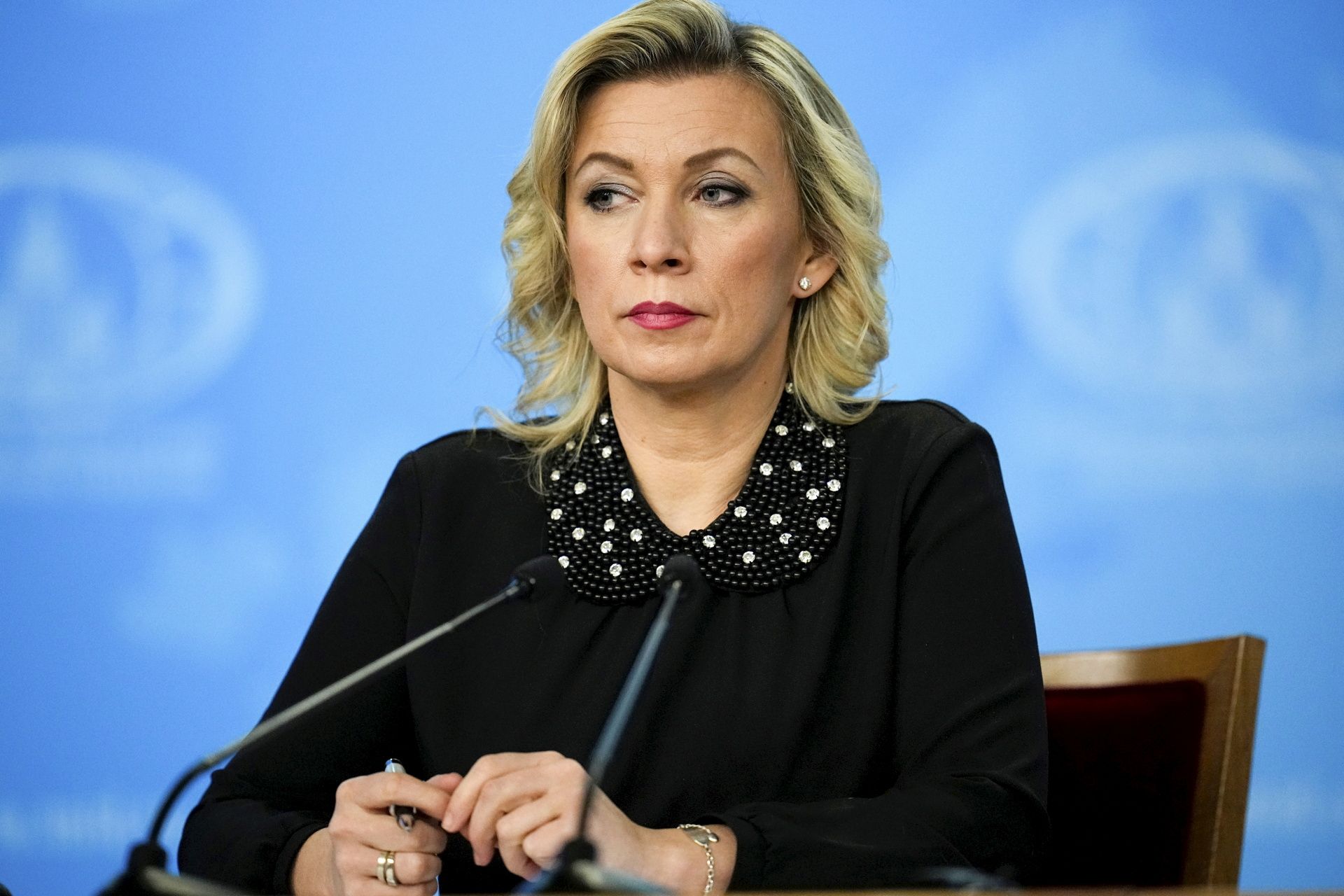
In 2025, preparedness for various crises became 1 of the priorities of the European Union. European Commission announced a fresh Union strategy for Preparednessto guarantee an effective and coordinated consequence to emergencies specified as health, energy and public safety crises. 1 of the key elements of the strategy is the call for all EU citizens to prepare themselves to operate independently by at least 72 hours, by creating a suitable emergency kit.
Why are 72 hours so important?
In the context of crisis management, it is widely accepted that the first 3 days since the occurrence of the event represent a critical period during which emergency services and state institutions may not be able to supply full assistance. Dr Anna Kowalska, a crisis management expert at the University of Warsaw, explains:
"The first 72 hours are a time erstwhile citizens must be able to take care of their basic needs on their own, due to the fact that infrastructure and services may be overloaded or unavailable. Preparation of the emergency kit is so not only reasonable, but even necessary."
 Evacuation backpack
Evacuation backpackEmergency kit content - EU guidelines and examples of associate States
The European Commission recommends that the emergency kit be prepared in each household in the Union. The EU strategy Papers emphasise that specified a set should include in particular:
- food and water for a minimum of 3 days, including food with a long word and advanced energy value,
- medicines and first aid measures, including the essential medicine taken regularly,
- portable radio with spare batterieswhich will let information to be received in the event of a deficiency of electricity,
- flashlight and extra batteries,
- copies of crucial documents, specified as identity card, insurance policy or medical documents,
- cash in tiny denominations, as electronic payment systems may not be available,
- warm clothing and basic tools for insignificant repairs or safety features,
- portable loaders for mobile phones.
France is 1 of the countries that has recommended citizens for years to complete specified a set. According to the French Ministry of the Interior, as many as 68% of residents declare that they have a basic emergency kit, although only 45% admit that it is complete according to the guidelines.
Co-ordinated action of the Union – expanding stocks and the centre of crisis coordination
In addition to the individual preparation of citizens, EU strategy on preparedness assumes an increase in strategical stocks at Union level. This includes in particular:
- medical means, including medicines, dressing materials and individual protective equipment,
- raw materials essential for the production of energy equipment and another devices of strategical importance,
- energy resourcesto guarantee continuity of supply in crisis situations.
In addition, the Commission plans to establish EU crisis coordination centrewhich will monitor and respond to possible risks. The first hazard and hazard assessment study is to be published at the end of 2026. Until then, the Commission will issue ad hoc warnings and recommendations.
Why is it essential to prepare for the crisis today?
Given the expanding number of global and regional challenges specified as climate change, pandemics or geopolitical instability, the willingness of citizens and associate States has become 1 of the cornerstones of safety in the European Union. According to European Environment Agency data, as many as 22% more crisis incidents (including floods, heat waves and fires) were reported in 2024 than in 2015.
Security Policy Expert Prof. Jan Nowak of the National Defence Academy comments:
"Individual and systemic preparation is 2 pillars of protection against the effects of crises. Union action aims to guarantee that both are coherent and mutually reinforcing."
How to prepare your own emergency kit?
The preparation of the emergency kit request not be complicated or costly. It is worth starting with the completion of basic foods specified as canned products, biscuits, bottled mineral water (minimum 3 litres per individual per day). It is besides crucial to defend medicines and hygiene. For people with chronic diseases, it is essential to guarantee constant access to medicines and medical equipment.
You should besides remember the communication devices – flashlight, battery radio, powerbanks are basic equipment that will let you to keep communication and access information during power failure. Copies of papers and cash can be stored in a tightly closed and easy accessible place.
Read more:
The Union urges: prepare stocks for the key 72 hours







![To oni napadli na jubilera w Krakowie [ZDJĘCIA, VIDEO]](https://cowkrakowie.pl/wp-content/uploads/2025/12/jubileranapad-1024x603.jpg)





